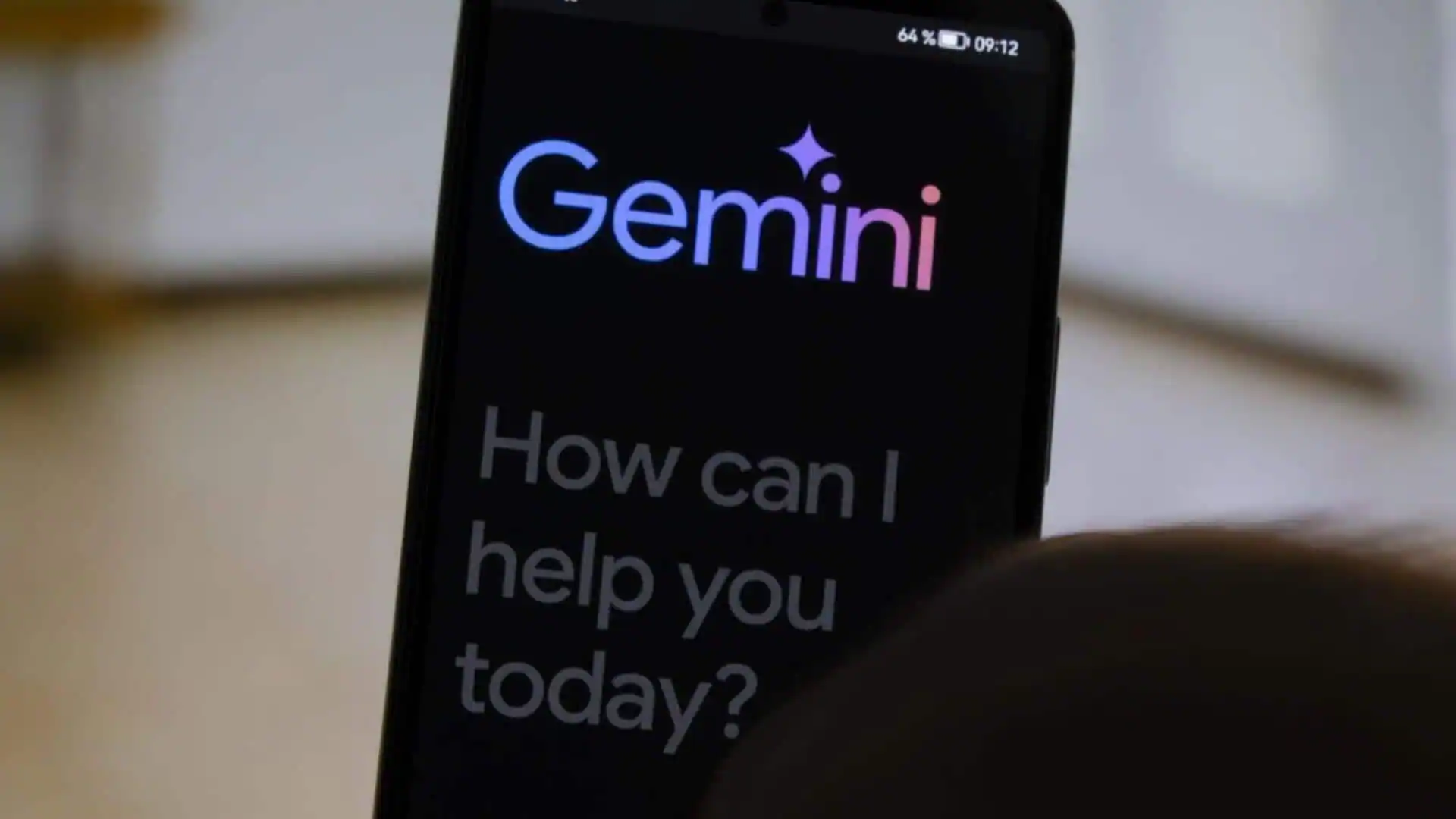By Mudit Dube
Copyright newsbytesapp

Google has announced the integration of its Gemini AI into the Chrome browser, and the best part? It’s completely free! The tech giant had previously required a membership fee for this advanced feature. Now, both Mac and Windows users in the US can access it without any membership fee. This move puts Google in direct competition with other players like OpenAI, Anthropic, and Perplexity in the race for consumer adoption of AI-powered browsers. Gemini in Chrome will soon be able to perform tedious tasks on behalf of users, Charmaine D’Silva, director of product management at Chrome, said. These tasks could include grocery shopping from an email list, rescheduling deliveries, setting hair appointments or booking restaurant reservations. The feature will have checkpoints for anything deemed high-risk or irreversible. However, Google hasn’t given a specific timeline for its launch yet. Along with the task-performing feature, Google is also expanding Gemini’s capabilities by giving it access to Google Workspace for regular and Enterprise users. The integration starts today and will enable Gemini to work with other Google products like Calendar, YouTube, Maps, etc. This way, the AI agent can find relevant information on your screen and also take action on your screen using these tools. On desktop Chrome, users can now use the Gemini AI agent across different tabs to compare products, summarize information from multiple sources, and recall previous pages from their browser history. This means you can close multiple tabs and have the AI agent recall them later. The feature is particularly useful for picking up where you left off on a topic of interest. Gemini has already been integrated into Android, but now mobile users can share the entire context of a page, not just what’s currently on their screen. This allows for deeper questions to be asked. iPhone users will soon get access to Gemini through the Chrome app. The move comes as part of a broader trend in improving AI agents in web browsers, with other companies like Anthropic and OpenAI also making strides in this area.



